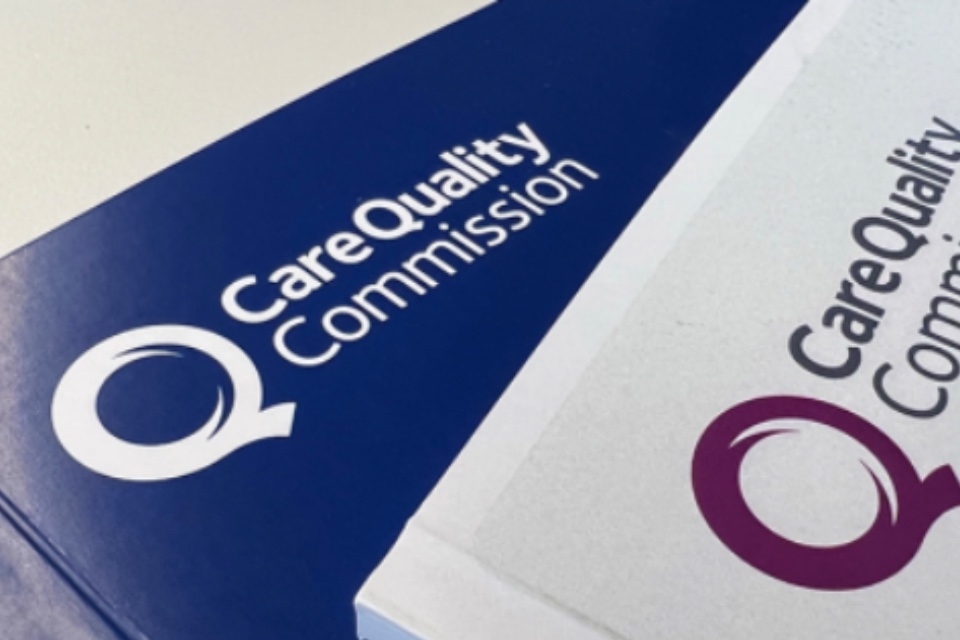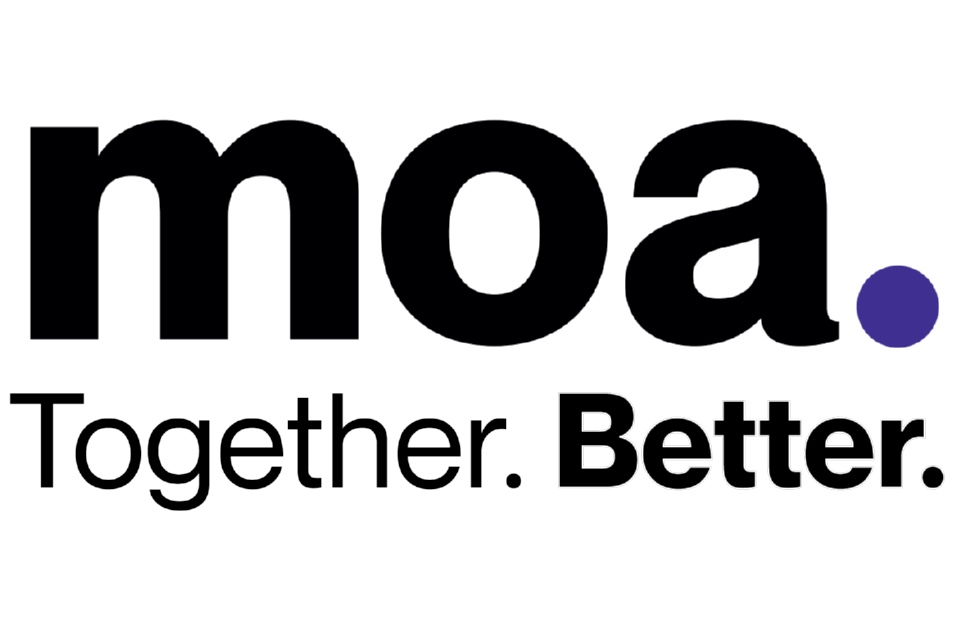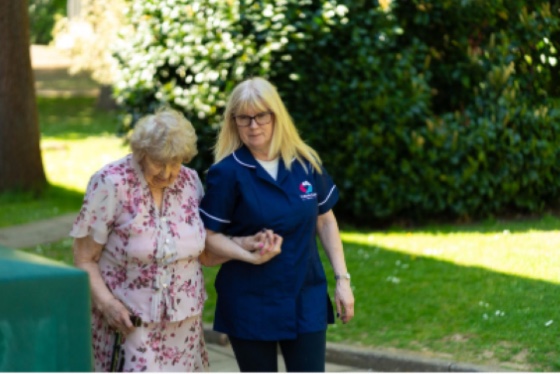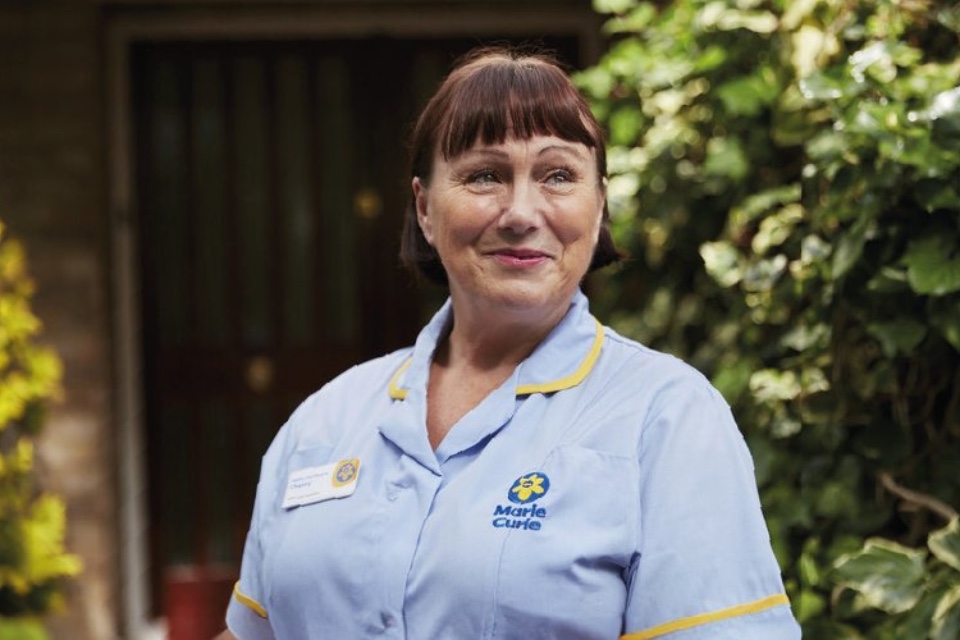The CQC has outlined a public engagement strategy that it says builds on the organisational strategy it published in 2021, explaining how it will listen, inform and involve people and work in partnership with the organisations that represent people.
The new strategy will run to 2026 and has four objectives:
- Build a trusted feedback service where people’s experiences drive improvements in care
To enable and encourage people to give feedback about their experiences of accessing care, using care services and moving between services. This can be wherever and however they want to do this. The CQC wants people to feel their feedback is valued and to understand what impact it had. - Create a trusted, accessible public information service designed around people’s expectations and needs
The CQC wants its information to be relevant, up-to-date and meaningful for people who use services. It should also reflect their experiences. It wants people to be easily able to access information and use it to make informed decisions, where they can, about where to go for care. - Develop an inclusive approach to proactively involving people who use services, their family, carers and organisations that represent or act on their behalf in shaping its plans, policies and products
The CQC wants to involve a broader range of people and organisations that represent them in shaping its plans, policies and products. It would particularly like to include people who are more likely to have a poorer experience of care and who may face inequalities. - Work in partnership with organisations that represent or act on behalf of people who use services to improve care
The CQC wants to continue to develop high-quality relationships with organisations that represent people who use services or act on their behalf. It says it recognises that these partnerships are fundamental to maintaining trust and confidence with the public and to delivering its strategic ambitions.
Since publishing its last public engagement strategy in 2017 the CQC says it has made ‘significant progress’. For example, public awareness of the body has increased from 51% in 2016 to 67% in 2021, with unprompted awareness increasing from 17% to 36% over the same period.
Also, it claims to have doubled the number of experiences of care it hears through its Give Feedback on Care Service from 61,000 to 123,000 over the same period.







